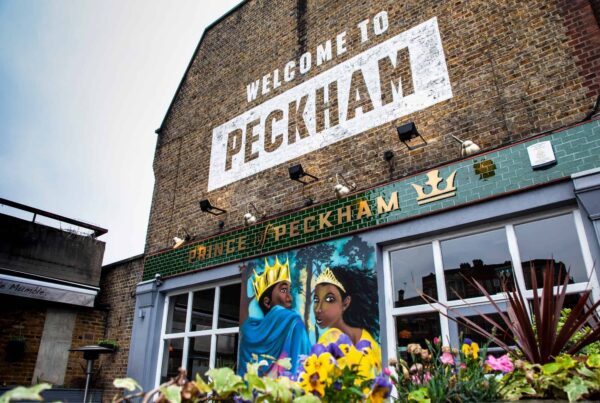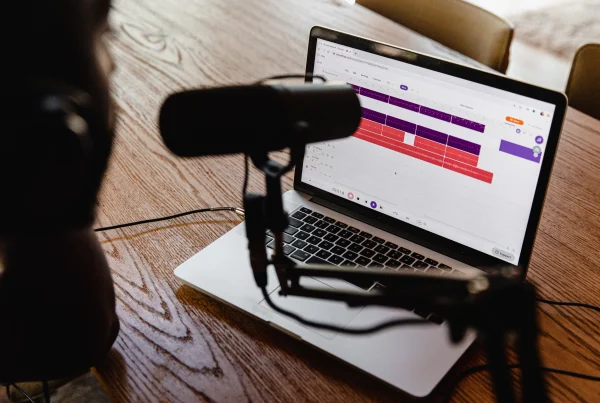Shocking new poll reveals the depth of UK government’s failings on issues of discrimination within the black community
From statues of slave owners to policing, a shocking new poll reveals how black Britons feel the UK government is failing them on a number of issues. ClearView Research (CVR) who are specialists in working with diverse groups used online polling between July 29th to August 12th, 2020 to better understand the views, attitudes and perceptions of black people in the UK. The poll, the first of its kind reached a sample of 515 participants aged 16 and over from across the UK and rather than seeing this community as one homogenous group, the poll captures the diversity amongst the various ethnic groups. Crucially, the sample is much larger than similar polls about the black community as CVR were able to recruit people who would not necessarily take part in research projects such as this. In order to ensure the sample polled was an accurate representation of the population, sample and statistical weighting was applied.
On the issue of human rights, when asked how well the government is doing addressing issues of discrimination in the UK, the data shows the vast majority of black people (over 85%) believe the government is doing a very poor job. Upon delving into this further, women are notably more likely to believe the government are doing a very poor job (52.4%) compared to men (42.7%). When looking at young people, those aged 30 years or under are more likely to believe the government are doing a very poor job (47.6%) compared to those aged 30 years and over (32.6%) Whilst there is some variation across age groups, the vast majority of black people across all age groups and over 50% of all black ethnic groups believe the government is failing in this area.
On policing, when asked about the term ‘defunding the police’ there was a great deal of variation in opinion. The majority of black people in the UK support the defunding of the police (25.7%), however, this was closely followed by those who neither oppose nor favour the position (22.6%) and those who somewhat oppose it (20.3%). The support for defunding the police increased significantly when the term was explained with the majority somewhat in favour (26.8%) and strongly favour (29.3%). There were differences amongst genders with women more likely to somewhat favour defunding the police (33.7%) compared to men (18.5%). In relation to age, younger people are more likely to favour ‘defunding the police’, with those aged 30 years or less in strong support (45.5%) and those who somewhat favour (36.2%), compared to those ages 30 years and over (21% and 22.1% respectively). In contrast, over 80% of those aged 70+ oppose the defunding of police.
On the controversial issue of statues of slave owners and traders, the majority (over 75%) of black people support the removal of statues in public places. 61.3% strongly favour the removal and 14.6% somewhat favour. When provided an explanation of what the statues represent there is a small increase of those who strongly favour this position (63.3%) and somewhat favour (16.2%). Likewise, the majority (over 70%) of all ethnic groups are in favour of removing statues. When looking at gender and age, the polling showed women are more likely to strongly favour the removal (67.1%) compared to men (58.7%). Similarly, as with ‘defunding the police’ whilst there is some variation across the age groups, the vast majority (over 50%) are in favour of this position. Young people, in particular those aged 30 years or under (78%) are more likely to favour the removal of statues compared to those aged 30 years or over (55.9%).
In response to the poll findings, Kenny Imafidon the Managing Director and Co-founder at CVR said “Our polling clearly shows what many in the black community in the UK strongly feel. They feel discriminated against and treated as second-class citizens just because of the colour of their skin. Our research may come as a shock to some people but given all the recent events over the past several months alone and the countless personal testimonies we have heard of discrimination experienced by black people, these results are far from surprising from our perspective”.





